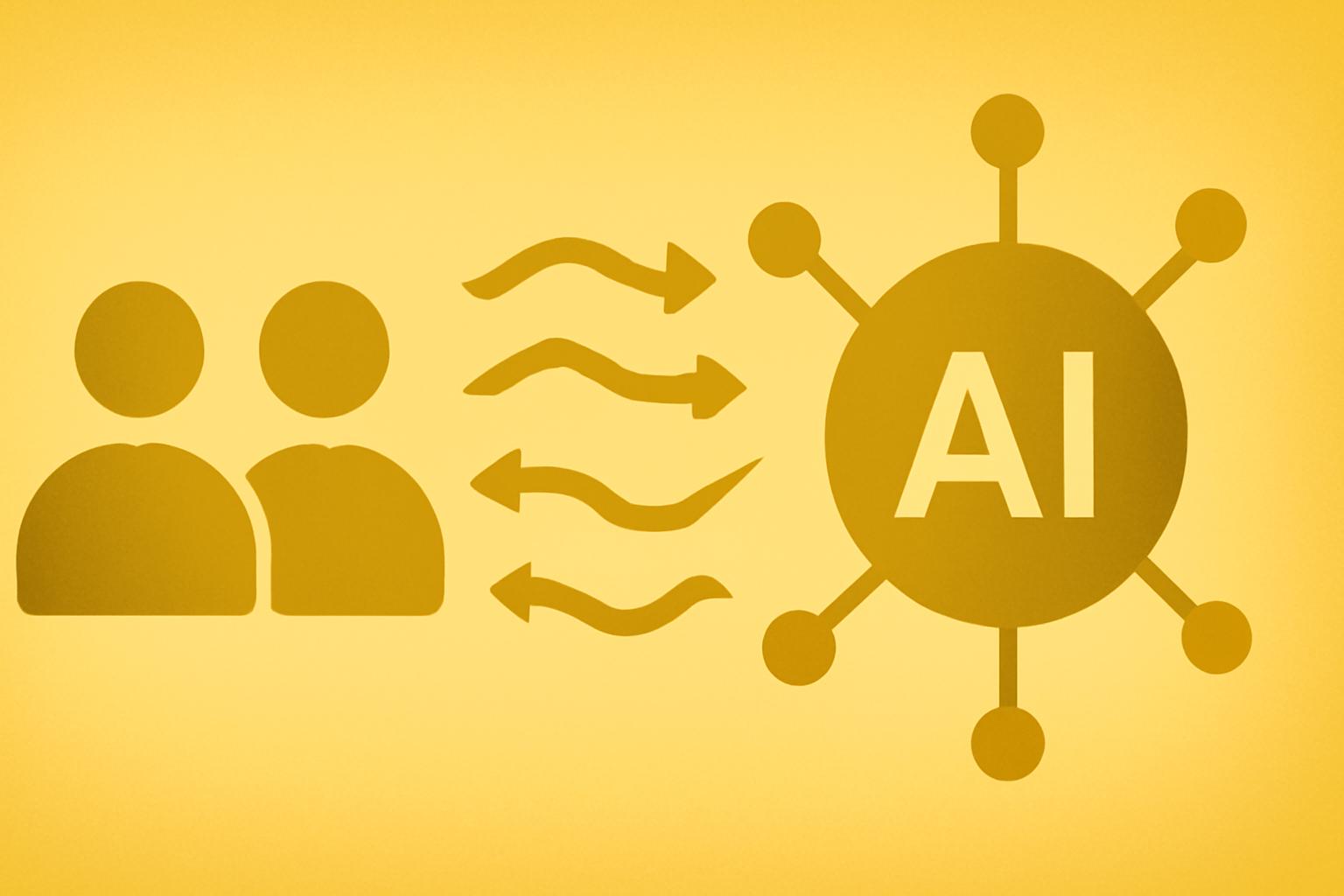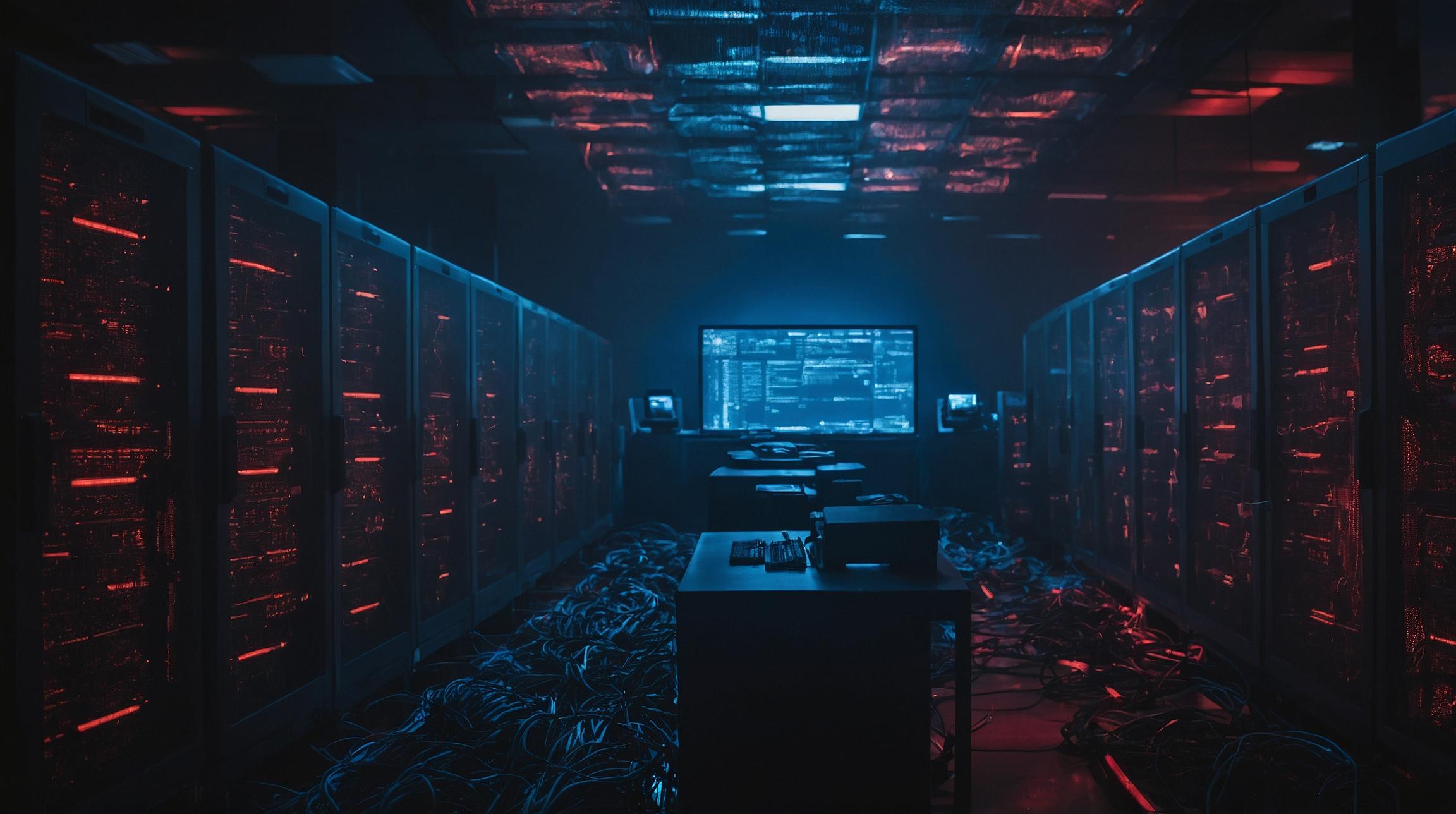People CEO Accuses Google of Unfairly Exploiting Publisher Content for AI
Neil Vogel, CEO of People, Inc.—the publisher behind major brands such as People, Food & Wine, and Travel + Leisure—has publicly criticized Google for using its content without adequate compensation to power AI features. Speaking at the Fortune Brainstorm Tech conference, Vogel labeled Google a “bad actor” for deploying a single crawler to both index websites for search and to scrape content for AI training.
Vogel highlighted that Google Search’s share of People Inc.’s web traffic has declined sharply over the past three years, falling from approximately 65% to the high 20s. He also noted that several years ago, Google accounted for as much as 90% of their open web traffic.
“We’ve grown our audience and revenue, but it’s not right that Google takes our content to compete with us,” Vogel said. He emphasized the need for publishers to gain more leverage in negotiations with AI companies by blocking AI crawlers that do not enter content licensing agreements.
Blocking AI Crawlers to Secure Content Deals
People Inc. has implemented Cloudflare’s latest technology to block unauthorized AI crawlers. This strategy has prompted several large language model (LLM) providers to approach the publisher for potential licensing deals. Vogel declined to name these companies but indicated significant progress compared to before adopting the crawler-blocking solution.
However, Vogel explained that blocking Google’s crawler is not feasible because it would prevent indexing in Google Search, eliminating the residual 20% of traffic Google still drives to their sites. “They know this and are intentionally using a single crawler to avoid splitting traffic,” he said.
Industry Perspectives on AI and Content Use
Janice Min, CEO of Ankler Media, echoed Vogel’s concerns, describing Big Tech giants like Google and Meta as “content kleptomaniacs.” Her company also blocks AI crawlers to protect original content.
Cloudflare CEO Matthew Prince, whose company provides AI-blocking tools, suggested that future regulatory frameworks might compel AI companies to change their practices regarding content use. He expressed skepticism about relying solely on existing copyright laws, which were designed prior to the AI era, to resolve these disputes.
Prince noted that AI-generated content is considered derivative, which often falls under fair use protections. He referenced Anthropic’s recent $1.5 billion settlement with book publishers as part of preserving favorable copyright rulings for AI content usage.
Google’s Position and Industry Outlook
Prince also critiqued Google’s historical influence on the publishing industry, arguing that its emphasis on traffic drove publishers toward click-driven content. Yet, he acknowledged Google faces internal challenges over how to handle content and AI, predicting that within a year, Google will likely begin paying content creators for using their material in AI models.
FinOracleAI — Market View
The public criticism from a major publisher’s CEO highlights increasing tensions between content creators and AI companies, particularly Google. The inability to block Google’s crawler without losing search traffic limits publishers’ leverage, potentially prolonging the current impasse. However, the deployment of crawler-blocking technology and ongoing negotiations with other AI firms signal a shift toward formal content licensing arrangements.
Risks include regulatory uncertainty and potential shifts in AI companies’ content sourcing strategies. Market participants should monitor regulatory developments and content licensing deals, especially involving Google, as these will shape future revenue models for digital publishers and AI firms alike.
Impact: neutral













